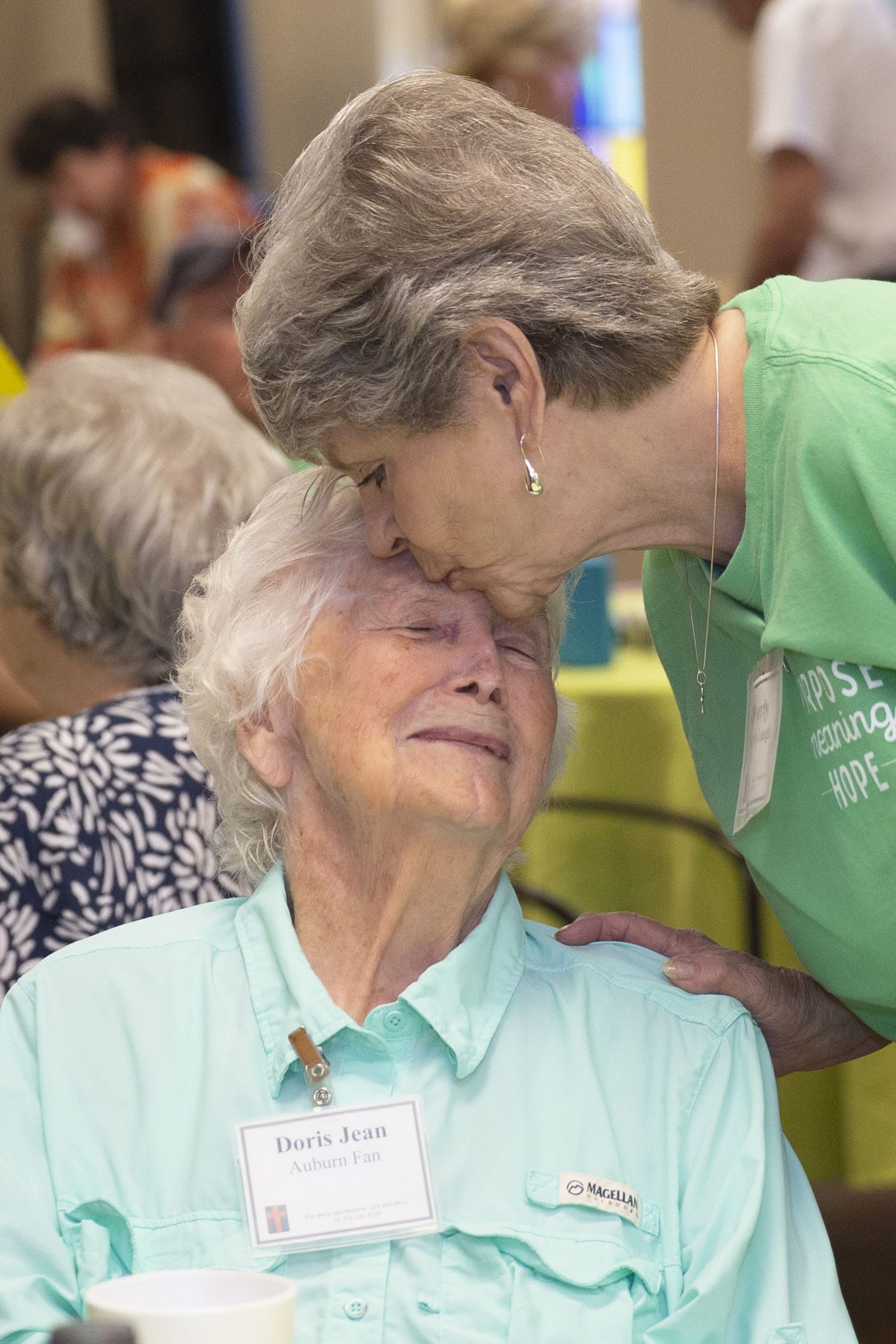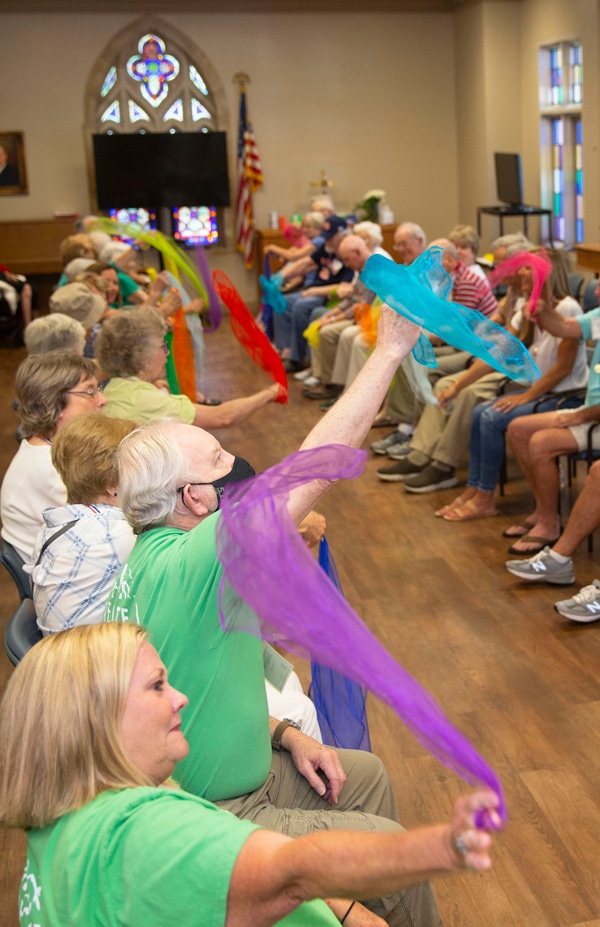Dementia in America
According to the Alzheimer’s Association, in 2022, Alzheimer’s and other forms of dementia cost our nation $321 billion, and, by 2050, we’re looking at costs that could reach $1 trillion.
Let’s just let that sink in for a moment and consider what that will do to our related healthcare infrastructure
- The drain on insurance systems
- The time and money needed to train homecare staff
- The need for countless new facilities
- The shortage of healthcare professionals that are already stretched thin
- The loss of productivity and income due to spouses and adult children taken from the workplace to serve as care partners
- The need to address the hopelessness and isolation of millions of people and their caregivers
We have the facts. We have the projected outcomes. If a hurricane is headed right for us, we will prepare, so in the face of all the facts, it is imperative that new systems of care and treatment be researched and implemented TODAY to protect the quality of life for those projected to live with perhaps the most far-reaching disease of our century.
There is a new response to dementia and Alzheimer’s, and it is not found in the bottom of a bottle of pills, on the internet, or in building more lockdown, memory care units. The response is love. It is neighbor helping neighbor and letting your friends know they are not forgotten. It is the skill of trained volunteers knowing how to create opportunity and space for friends living with dementia to still have purpose. Our response is social, not medical. It’s Respite for ALL. For the caregiver, the friend living with dementia, and the volunteer. Let’s look at more facts about dementia, and we think you’ll agree that the time is now to forge a new path forward.
Getting to Know Dementia
- The word dementia is a general term for the deterioration of cognitive functions, like the ability to remember, think, or make decisions.
- While dementia mainly impacts older adults, it is not considered a normal part of aging. A lot of people go their entire lives without developing dementia.
- The five most common types of dementia include Alzheimer’s Disease, Vascular Dementia, Lewy Body Dementia, Fronto-Temporal Dementia, and Mixed Dementia.
- Symptoms can vary from person to person, but typically a person with dementia may have problems with memory, attention, communication, problem-solving, reasoning, and even visual perception beyond age-related changes.
- Alzheimer’s disease is the most common form contributing 60-70% of cases.
- Did you know? Dementia is the 7th leading cause of death. It’s also a top cause of disability and dependency among older adults.
- Worldwide, more than 55 million people live with dementia, and roughly 10 million new cases are diagnosed each year.
- In America, one new case of Alzheimer’s disease is diagnosed every 65 seconds.
- The global societal cost of dementia was $1.3 trillion in 2019. That number is expected to be more than $2.8 trillion by 2030.
- In 2019, family and friends (informal caregivers) spent an average of 5 hours per day caring for a person living with dementia.


